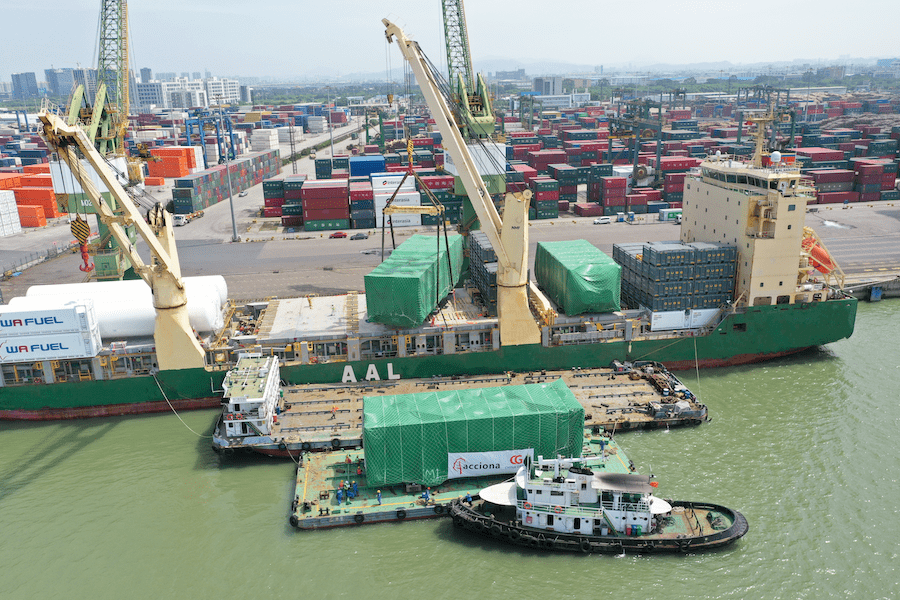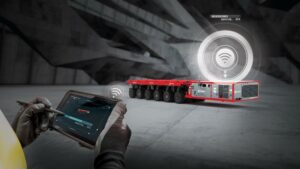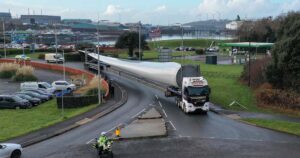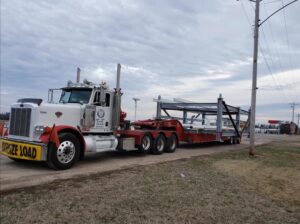At the end of September 2021, the 19,000dwt heavy lift multipurpose vessel, the AAL Nanjing, loaded four large chimney sections, with a combined weight of close to 500 metric tonnes and 6,000 cubic metres in size. The units were manufactured and loaded in Humen, China, and shipped long-haul along AAL Shipping’s (AAL) popular ‘Asia – West Coast Australia Monthly Liner Service’ (AUWC) to Henderson in Australia for installation at the Kwinana Waste to Energy (WTE) Plant, the first thermal utility-scale WTE facility in the country.
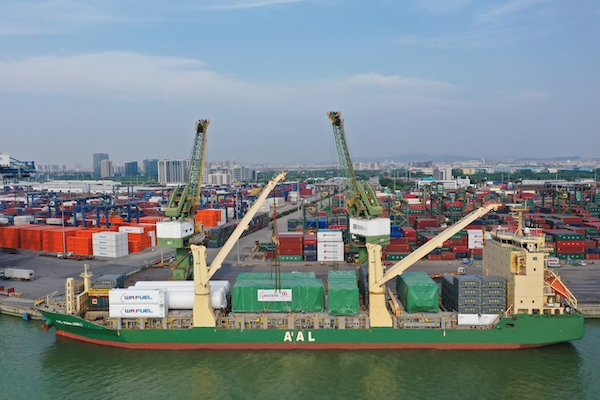
The AUD $700 million Kwinana plant will create 800 jobs and is located 40 km south of Perth. It will process 486,000 tonnes of industrial and domestic waste every year to generate 36 MW of renewable bioenergy – enough to power 50,000 households – and avoid 486,000 tonnes of CO2 emissions normally emitted by Western Australia’s electricity grid.

Jack Zhou, General Manager of AAL China, commented, “AAL is a heavy lift project cargo specialist, so our engineering and operations teams were more than capable of planning and handling this operation – despite the extreme size of these units. We have a dedicated China-based team of chartering, commercial, engineering and operations specialists and their hands-on presence, local contacts, and expertise ensure our Chinese cargo operations run smoothly.
“In fact, the issues we did face were mostly due to local Chinese COVID restrictions, creating port congestion, slow productivity and unavoidable delays of anything up to two weeks. Heavy lifting operations of this kind require many hands-on-deck to assist with executing the complex shackling, lashing and stowage plan. On this occasion, local stevedores were not permitted to embark the vessel, and this caused delays and cost far more time and energy for our crew than would normally have been required.”


